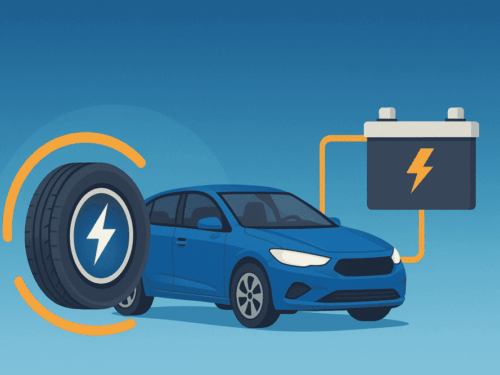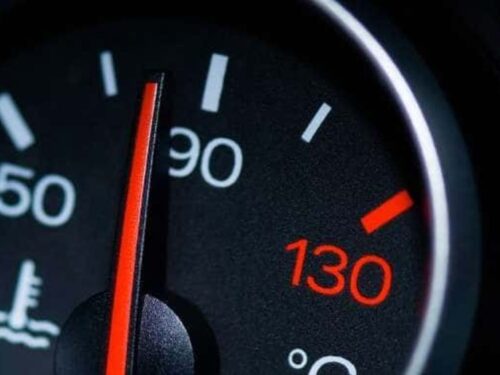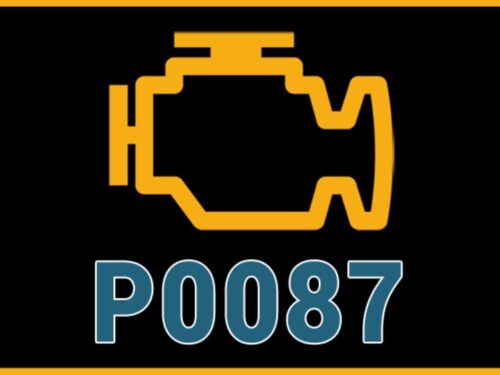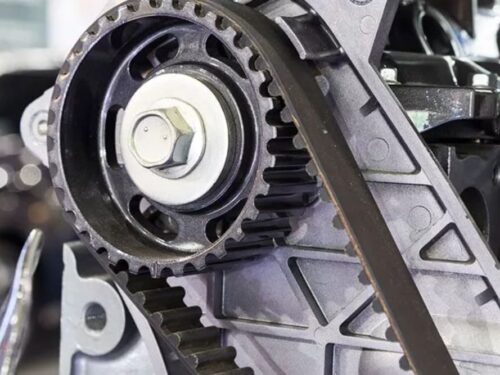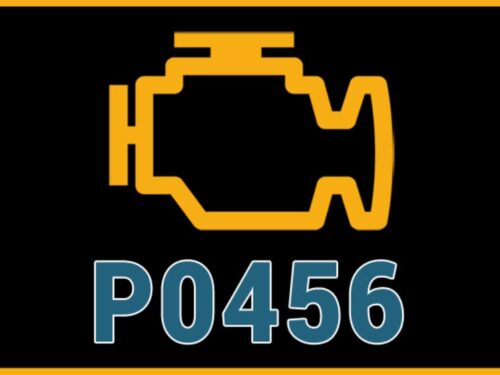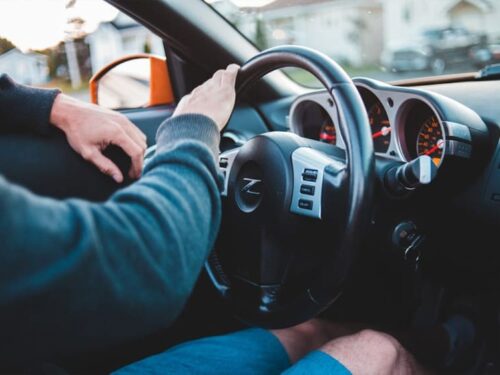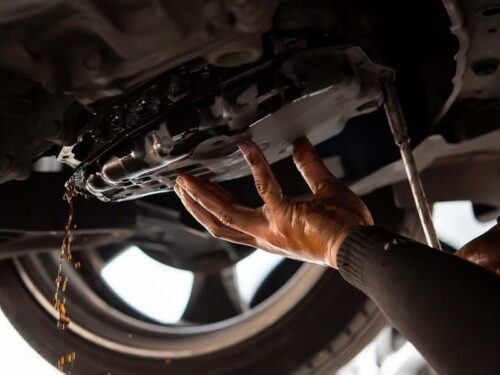
Question: I had my brakes replaced within the past six months. This week, they started squeaking and making noise. What would be causing that when the brakes are so new? Answer: Sometimes brake noise is a warning sign that your brakes need prompt attention. At other times, there may not be anything wrong at all. In your case, brakes that start to make noise when they’re fairly new are more frustrating than anything.
What Causes Brakes To Squeak?
Here are several reasons why your new brakes might be squeaking and noisy:
- Metal fibers can create noisy brakes. A lot of brake pads have metal fibers in them. If there’s an area on the pad where the metal fibers are too close to one another, this can cause squeaking. The pad will typically wear past this point, and then the squeaking will go away.
- Panic stopping can leave a glossy finish on the brake pad. If you had a panic stop or do a lot of hard stopping, this heats up the brakes and can lead to a glossy finish or glaze on the pad, causing a squeaking sound. Some auto shops will pull the pads off the car and sand them down to remove the smooth surface.
- The brakes are stuck in the “on” position. There are caliper pins in your brake system, which apply and release the brake pads. If one of the caliper pins is stuck in the “apply” position, the brake pad will be applied at an angle (or cockeyed) to the rotor. If both pins are stuck, the brake pad will be stuck against the rotor, causing glazing, noise and, typically, a burning smell. In some cases, it is possible to lubricate and release the stuck caliper pins. In other cases, you need to replace the calipers. It’s also quite likely that you’ll need new brake pads and rotors.
- The brake pads are lower quality, as “cheap pads” typically are. Not all brake pads are created equal! If you had the brakes replaced at a discount brake shop, they may have lured you in with low prices and then used cheap, low quality brake pads, which are more prone to noise and excess brake dust.
- The rotors may be the issue. If the rotors were not machined or replaced with brake pads, the rotor won’t have a surface that “meshes”with the new pads. This can cause brake noise, and the car will take longer to stop.
What Should You Do About Your Squeaky Brakes?
If you’re not sure what’s causing your brakes to squeak, we encourage you to have them inspected by a professional auto mechanic. It’s not worth risking your safety to ignore them!
Courtesy of autolablibertyville

